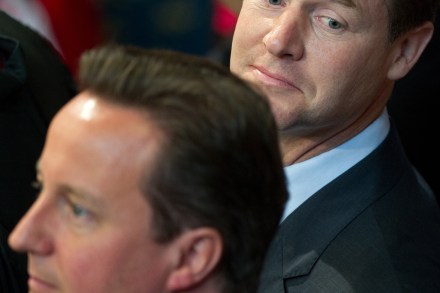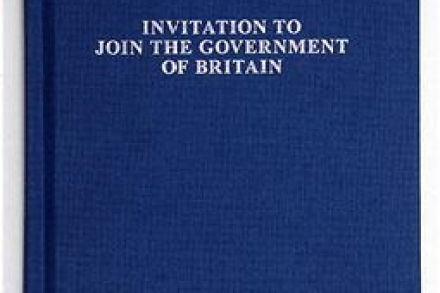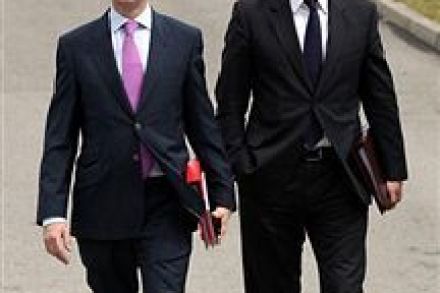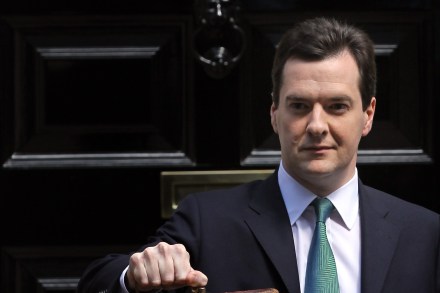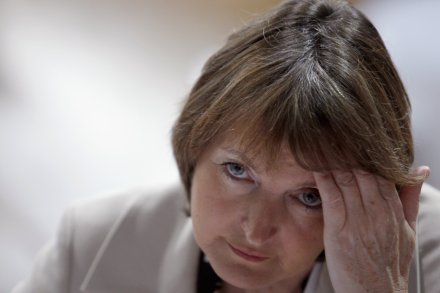Three questions about the AV referendum
So now, thanks to Left Foot Forward and reports this morning, we know: the referendum on an alternative vote system will take place on 5 May 2011, the same day as same day as the English local, Scottish Parliamentary and Welsh Assembly elections. There are plenty of ins and outs, whys and wherefores – most of which are neatly summarised by David Herdson over at Political Betting. But here are three questions that pop into my head, and are worth idly pondering on this sluggish Friday morning: 1) Does this strengthen the divide or weaken it? Holding the AV referendum on the same day as local and regional elections was
